Power Tomorrow’s Space Exploration Missions
USU engineering graduates have been leaders in the space industry since before the Space Shuttle era. Today our alumni support space exploration missions at NASA, the U.S. Air Force, and across the growing commercial space industry. This new master’s degree provides advanced training in systems engineering, spacecraft instrumentation, navigation, propulsion systems, and more. If you’re searching for a degree to help you land a dream job in the space industry, Utah State University is your best choice.
The Space Systems Engineering degree is a joint program offered by USU’s Mechanical and Aerospace Engineering and Electrical and Computer Engineering departments. This program is designed for students with a bachelor’s degree in a STEM field who have a passion for space and engineering topics. The program is offered in-person at the USU Logan campus.
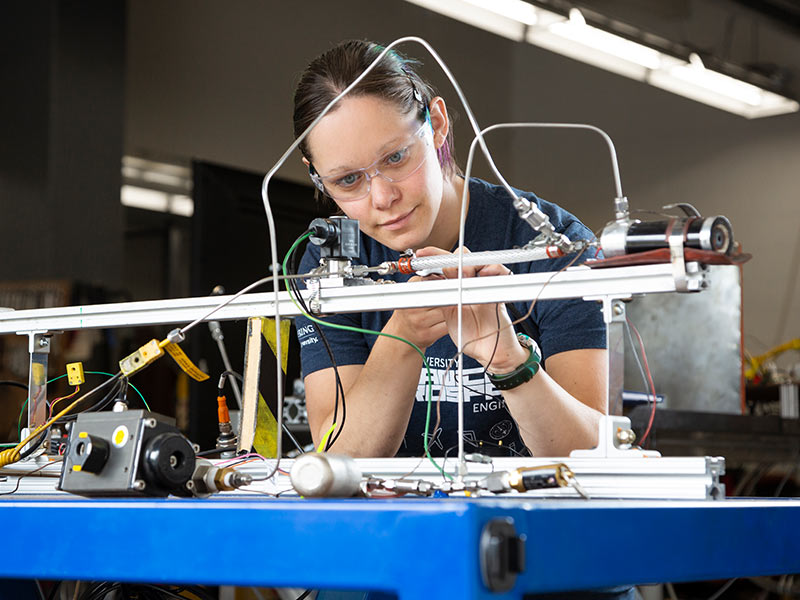
Degrees Offered
Master of Science (MS-Plan C) in Space Systems Engineering
- Requires 33 credits of coursework. No thesis required. Designed for students with a bachelor’s degree in a STEM field who have a passion for space and engineering topics. Program delivery is 100 percent in-person at the USU Logan campus.
Training Topics
- –Aerodynamics & Astrodynamics
- –Guidance, Navigation & Control
- –Electro-Optical Engineering
- –Mechatronics
- –Propulsion Systems
- –Space Flight Dynamics
- –Stochastic Processes
- –Space Systems Engineering
- –The Space Environment
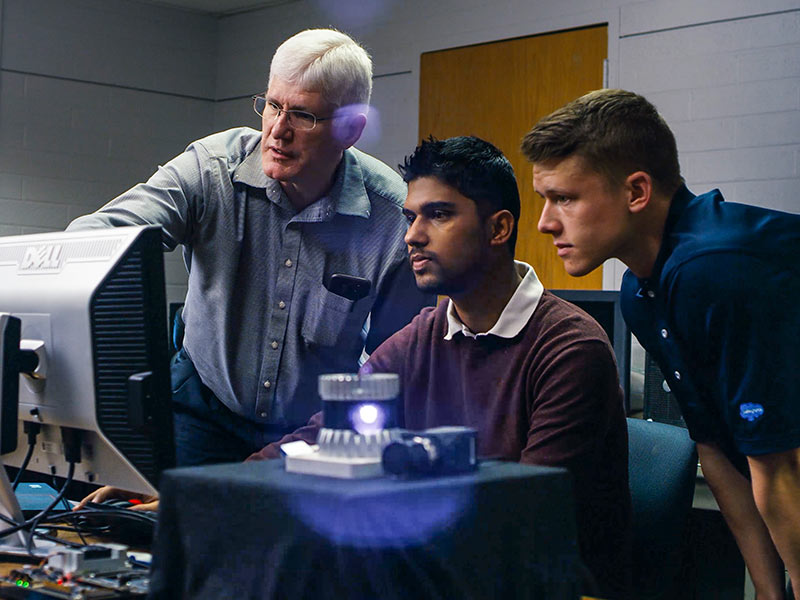
Meet Your Future Mentor
The Space Systems Engineering degree is led by expert faculty who bring decades of experience from industry and government. Professor Doug Hunsaker worked at Scaled Composites on the Stratolaunch and SpaceShip Two programs. Beyond the classroom, students can take advantage of the many partnerships our professors have with industry contacts who recruit USU engineering graduates.
Facilities
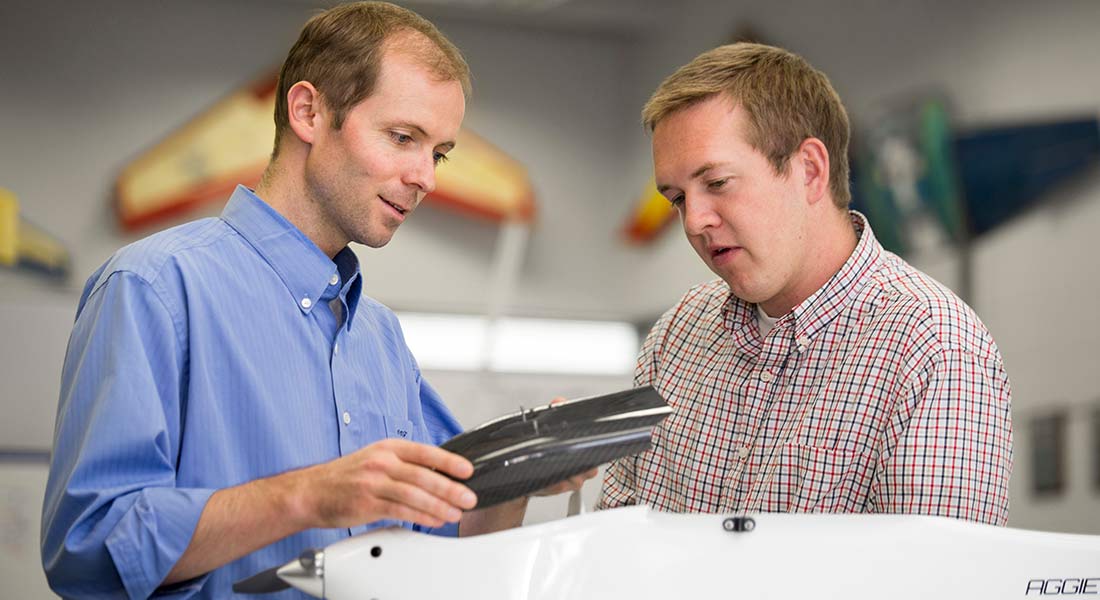
AeroLab
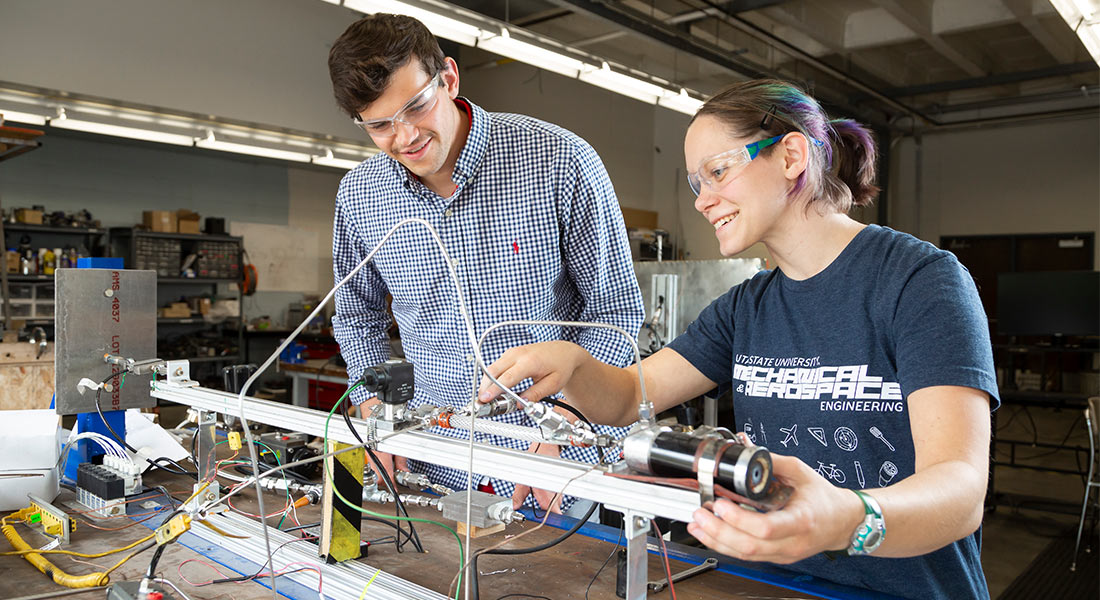
Advanced Propulsion Lab
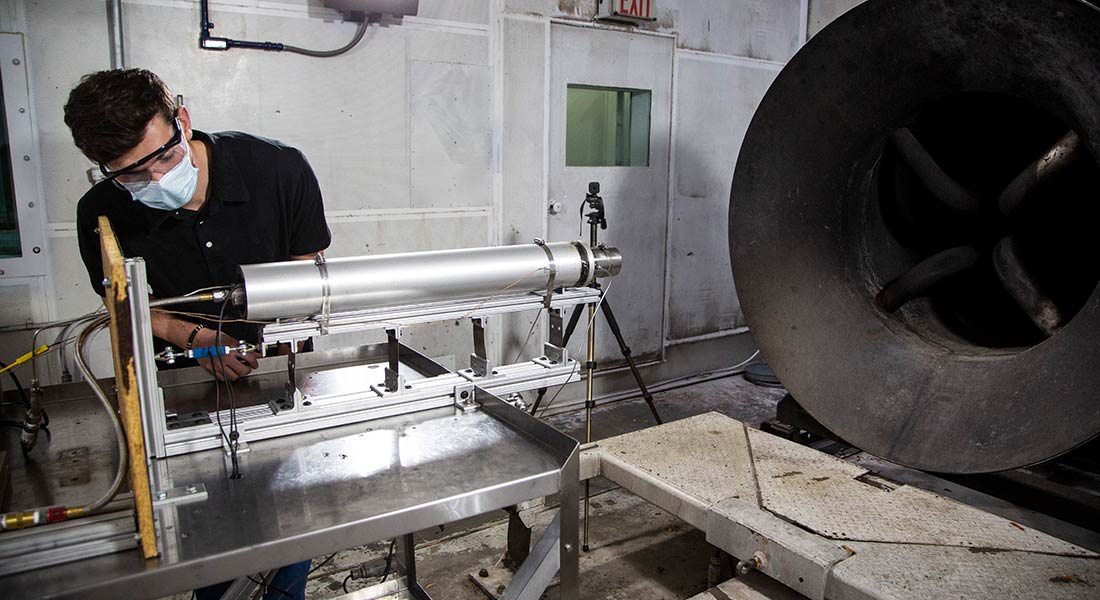
Static Testing Cell
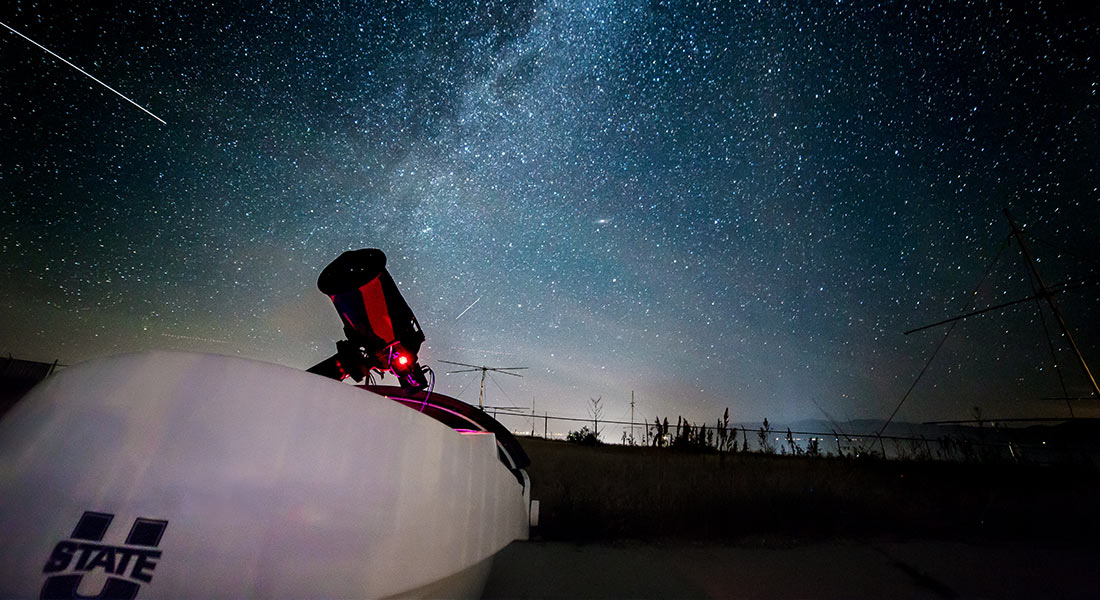
Advanced Aerospace Technology Lab
Where Our Alumni Work
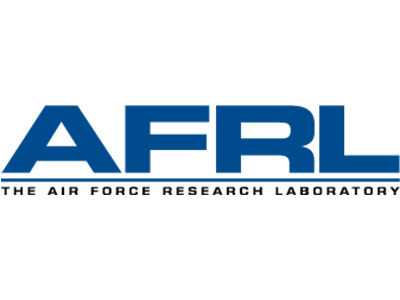
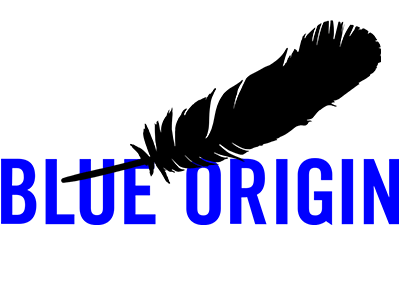
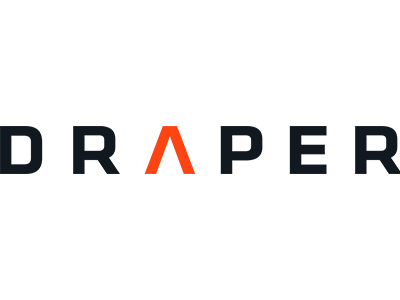
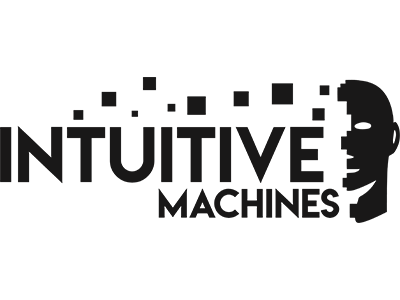
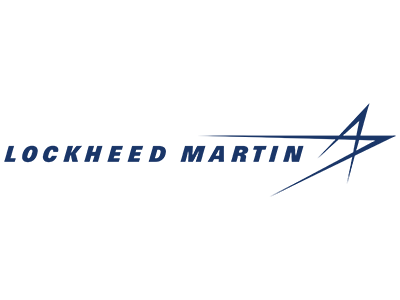

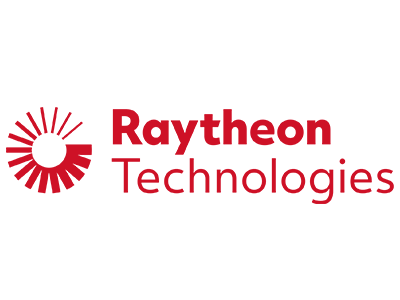
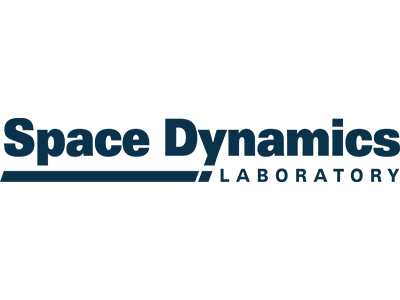

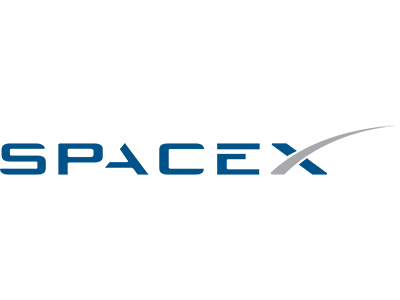
Ready to Apply?
Minimum Requirements
- –GRE scores are used by some faculty in choosing students and in funding decisions and are therefore strongly encouraged.
- –Bachelor's in mechanical or aerospace engineering from an accredited program
- –Minimum 3.3 GPA
- –Familiarity with FORTRAN, C, or MATLAB
- –International students have additional requirements
Application Materials
- –Official Transcript
- –TOEFL (Test of English as a Foreign Language) Exam
- –Resume
- –Letter of Recommendation
- –Statement of Purpose (approx. 750 words)
Contact Us
Ready to learn more? Before applying to the USU School of Graduate Studies, contact Joan Rudd to explore current funding and enrollment opportunities.






